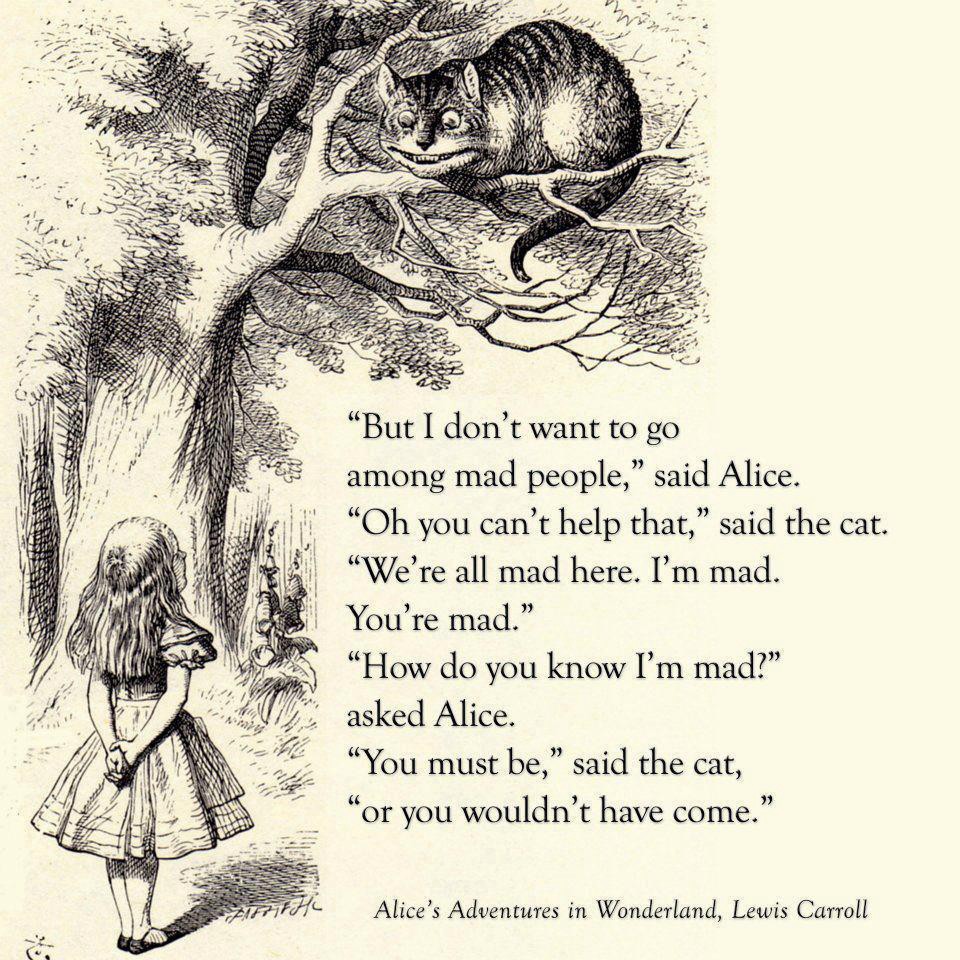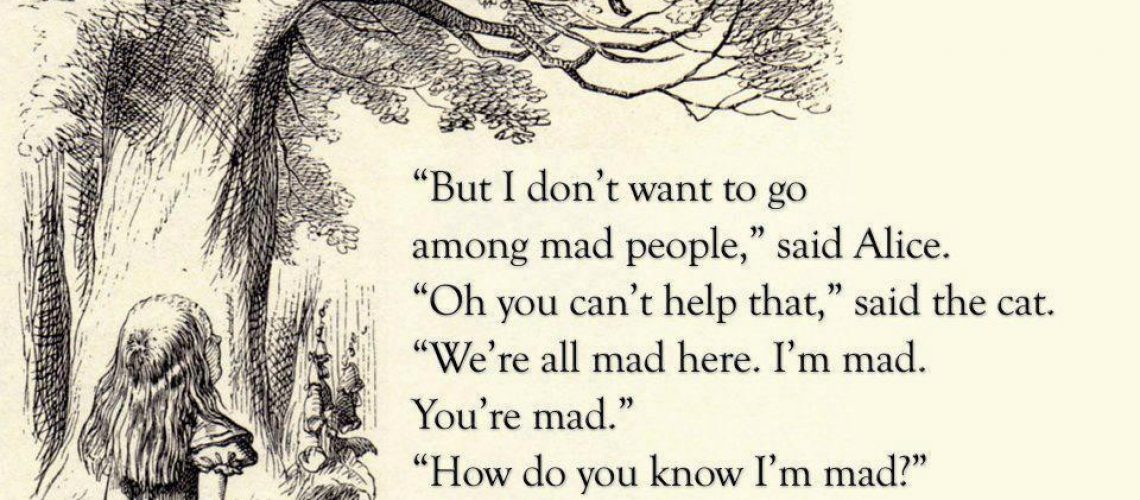
Social anxiety is a legitimate condition, (just in case you had any doubts).
I feel the need to reiterate this because, despite the great work done by various mental health awareness campaigns, it seems to get lumped under the same umbrella as anxiety. When they are in fact, separate conditions.
Worse, is when it’s linked to being shy, or merely experiencing ‘nerves’ before an event.
One of the most frustrating things a person can say to me, (when I talk about SA) is, “oh yeah, my friend/sister/boyfriend has that,” but after a few minutes of conversation it turns out they don’t at all.
Person: They get nervous before parties.
Me: Are they having treatment?
Person: Oh no. They’re fine when we get there and always end up having a great time.
Me: So they don’t find an excuse to escape, or spend most of the party worrying about how other people perceive them?
Person: What? No.
Me: Do they have any other issues outside of parties?
Person: Just standard anxiety stuff. Worrying a lot etc.
Right…. well…. THAT ISN’T FUCKING SOCIAL ANXIETY THEN IS IT?!
I’m not someone who generally gets that caught up on linguistics. For instance, I don’t mind the use of ‘crazy,’ ‘mental,’ or ‘suicide,’ so long as they’re said from a place of respect.
What I do mind, however, is someone dismissing my illness, because social anxiety is exactly that, it’s an illness.
Can you imagine breast cancer being spoken about as though it were identical to bowel cancer? They affect different parts of the body and therefore require specialised treatment.
This lack of awareness indicates to me a wider problem, in that SA is being misrepresented.
So what’s the difference?
I’m glad you asked!
General anxiety centers around a person feeling anxious most of the time without an obvious reason. E.g. Experiencing a sense of dread, or feeling on edge.
Social anxiety, however, has a clear and identifiable trigger… SOCIAL SITUATIONS. In a nutshell, it’s a fear of being judged negatively by others. So much so, that the afflicted struggles to participate and remain present during conversations.
The physical symptoms differ too – with blushing, tremors, and experiencing ‘brain freeze’ being more common. How embarrassing is blushing btw? (Oh the irony). There’s nothing like a case of red face to make a person feel exposed.
There’s also the assumption that because I have SA I don’t like being social. When that’s not true at all! I love the connection that comes from genuine interactions. Humans are, after all, social creatures who thrive on creating bonds.
I’m just wired differently, which makes it harder for me to engage.
The internal monologue
How am I supposed to explain to a colleague or sometimes a complete stranger that I’m terrified of what they think of me? (Even though rationally speaking OF COURSE I’m aware that they’re probably not thinking about me at all. SA isn’t that straight forward).
A typical internal conversation goes like this:
Me: Oh f**k Lisa is coming over, try and look normal.
Brain: Great, you’re about to humiliate us yet again. She already thinks we’re strange.
Me: It’s fine. I just need to keep it together and get through this. She’s got better things to focus on than me.
Brain: You’re blushing, can you feel that? She’s barely said two words and you’ve turned bright red. Great.
Me: It’s fine, I can handle this.
Brain: Do you see the way she’s looking at you? She’s desperate to get away and talk to someone else.
Me: Please stop. Why can’t I just enjoy the conversation and be normal? I want to run away and hide.
Exhausting doesn’t begin to cover it!
Is it any wonder why so many people with social anxiety come to rely on alcohol or other substances, just to achieve even ten minutes of peace?
Living with it
I was diagnosed in 2012 and over the last eight years have learned to live with the condition, with the help of medication and therapy.
There are still days when it catches me off guard. Last week for example, I went out for dinner with friends and noticed the ‘tell-tale’ signs emerging. E.g. Feeling on edge, shaking, focusing on people’s expressions and trying to guess what they’re thinking. Yet, I’ve learned how to embrace, rather than fight it. SA is after all just a part of who I am.
For more words of wisdom check out my bestselling book; We’re All Mad Here.
